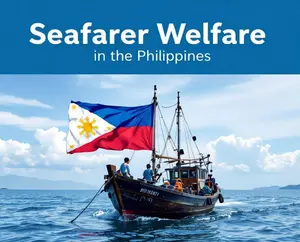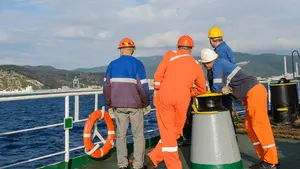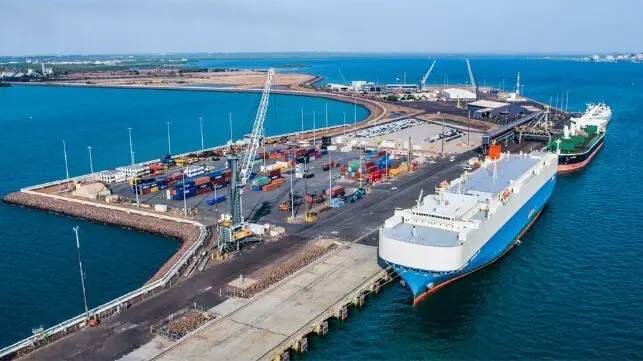The pervasive issue of “cowboy” behavior, particularly concerning road and public spaces, has been well-documented, leading to public frustration over unaddressed complaints. However, the maritime realm has largely escaped scrutiny despite its own set of issues. While the initial concerns revolved around the lack of seamanship skills and poor etiquette among boaters, the introduction of a nautical license has done little to mitigate these problems, especially among motorboat drivers who recklessly accelerate without considering the consequences of their actions, such as the damaging wake they generate.
The increase in population and disposable income has fueled a significant rise in boat ownership, exacerbated by the overcrowding of beaches and limited public recreational spaces. With marinas unable to accommodate the overwhelmed number of vessels, boat owners are left with limited alternatives: to repeatedly haul boats in and out of the water on trailers or to apply for moorings from the Transport Authority, which are often lacking in enforcement. This leads to a chaotic scene at popular spots like Baħar iċ-Ċagħaq and St Paul’s Bay, where makeshift moorings using jerrycans and unlabeled buoys are common.
A troubling trend known as “rafting” has emerged, where boaters tie their vessels together with little regard for proper anchoring techniques, safety of swimmers, or the navigation of other boats. Concerns about inexperienced jet ski and speedboat operators further complicate the situation, with reports of reckless behavior, including speedboats entering dark caves filled with swimmers for photo opportunities.
Yet, egregious behavior does not stop at individual boaters. Reports have surfaced accusing restaurants in Gozo of treating the sea as a private parking lot, making unsubstantiated claims of buoy ownership which they then monetize by offering these moorings to incoming boats. Similar practices have been noted in other popular areas, like Għadira Bay and Santa Marija Bay in Comino.
The authorities’ lack of accountability exacerbates these issues, as each agency tends to pass the responsibility without providing real solutions. Complaints seemingly vanish into bureaucratic limbo, showcasing a troubling culture of impunity. The government’s failure to enforce maritime laws reflects a broader incompetence in addressing numerous public concerns, including beach overcrowding and litter issues.
This systemic neglect not only threatens the safety and enjoyment of maritime spaces but also undermines the integrity of the sea, an invaluable natural resource. The Times of Malta has highlighted this pattern of evading consequence for lawbreaking, emphasizing the urgent need for effective governance to protect both maritime environments and public interests from the negative effects of their growing popularity. Overall, the situation calls for immediate attention and action to restore both order and respect for shared spaces at sea.
Source link





